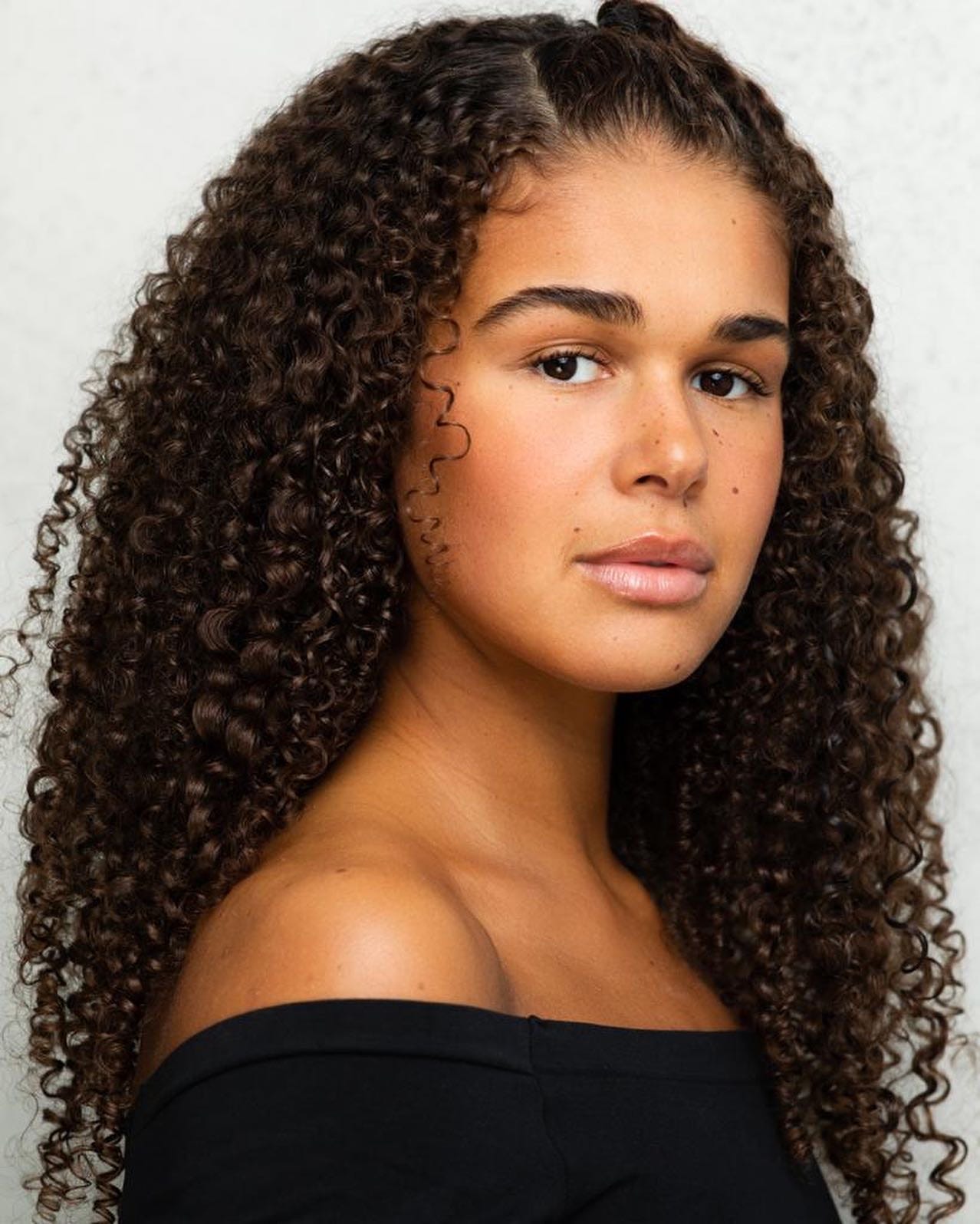Tillie Amartey: “I never struggled with identifying with one side more than the other”
The actor on having patience, forging her own culture and knowing exactly where she comes from
Hi, welcome back to Mixed Messages! This week I’m speaking to actor Tillie Amartey, who is of mixed Ghanaian and white heritage. You might have seen Tillie on Waterloo Road, playing pupil Stacey Neville, or jiving her way across the Strictly Come Dancing dance floor in 2023’s Christmas special. She is a bright, positive presence in this conversation and…


